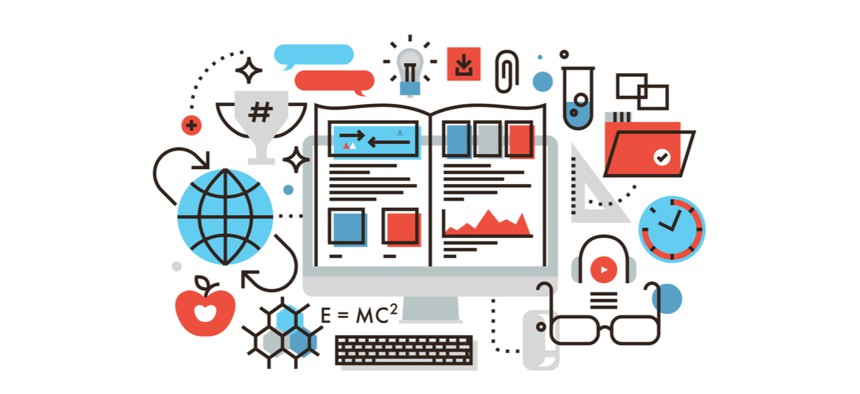How to Build a Corporate Learning Program to Support Veterans in the Workplace

Bloomicon/Shutterstock.com
Organizations need to develop training and reskilling programs, so veterans have the tools necessary to excel professionally and personally.
U.S. military veterans and transitioning service members represent a highly-valued, yet under-supported demographic in today’s workforce. With nearly 200,000 men and women transitioning out of the military each year, they face unique challenges when re-entering the workforce. Organizations are increasingly empowering veterans by supporting their transition and growth in corporate environments; however, there needs to be more emphasis on developing training and reskilling programs, so veterans have the tools necessary to excel professionally and personally.
There are several blueprints in place that demonstrate corporate commitment to veteran success. One exemplary program is the Institute for Veterans and Military Families at Syracuse University. IVMF provides vocational training and education for veterans and their spouses. While many veterans have foundational experience in human resources, project management or IT as part of their military role, the program helps veterans become recertified to remain competitive as a civilian employee. To help students prepare for their certification exams, IVMF offers a curated eLearning library complete with online courses, practice tests and targeted mentorship tools.
Similarly, Hire Our Heroes is a nonprofit organization founded and operated by veterans with a goal to lower unemployment and help deliver an all-around talent acquisition and retention strategy for employers to attract veterans. The program provides 100,000 veterans and their spouses with training and resources to develop the most in-demand skill sets and prepare them for certification and other professional qualifications in the civilian workforce. Using an online learning platform, veterans can choose to watch, read and/or listen to a large selection of content about business, leadership, digital and IT skills training, as well as prepare for important certification exams.
Key components of a successful program should include:
- Mentorship: Working within the corporate environment comes with new rules on how to interact with coworkers and leaders. Part of the transition from the military to civilian workforce involves helping veterans navigate this new environment. Creating a community of veterans and non-veteran advocates helps ease the transition and provides valuable insights into how veterans can establish successful careers.
- Training to Reskill and Upskill: Businesses should work closely with a learning solutions provider to develop a targeted, robust portfolio of resources that are specifically geared toward the veteran community's needs as they transition into corporate environments. Content should focus on the competencies required to upskill and reskill veterans, and ultimately make them more effective in their new roles. Building on the lessons learned while in service, training programs should also offer courses that prepare veterans for certifications to up-level their technical skills.
- Management and Leadership Training: Beyond technical skills, practical training programs should provide veterans with resources that focus on leadership styles, management expectations and different working environments. Following their pilot program and based on direct feedback from veteran participants, General Electric’s Veterans Leadership Journey added leadership development resources that focus on difficult conversations and conflict management, influence and persuasion, resilience and perseverance, prioritization and delegation, problem-solving and decision making, and motivating and inspiring others.
Military service often provides leadership experience, discipline, strategic thinking and a level of loyalty that is difficult to find in civilians. However, veterans need career guidance and additional training as they transition into corporate life and pursue new and elevated roles. Providing the resources for navigating a new working structure is invaluable to creating a support network within the company. These men and women have made enormous sacrifices for our country. As good corporate citizens, we must provide them with the tools they need to adapt to civilian life and hone the skills that are important to their professional careers.
Mark Onisk is the chief content officer at Skillsoft.


